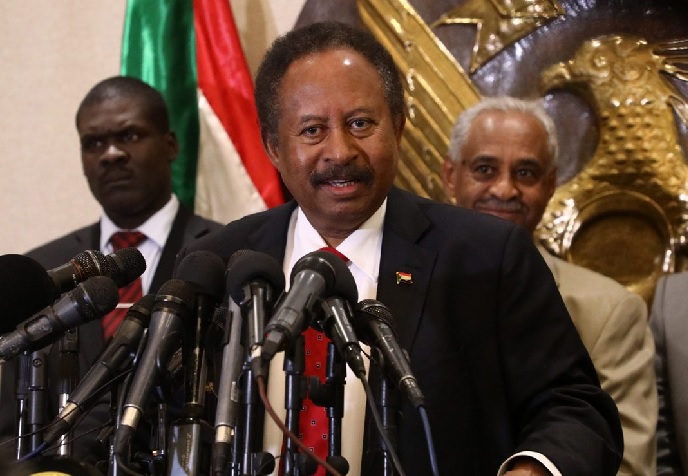
Sudan’s transitional government has agreed a deal with rebel groups which ends 30 years of rule under Islamic law and Islam as the official state religion.
Sudan’s transitional government has agreed a deal with rebel groups which ends 30 years of rule under Islamic law and Islam as the official state religion.
Prime Minister Abdalla Hamdok and a leader of the Sudan People’s Liberation Movement – North (SPLM–N), Abdelaziz Al-Hilu, signed the accord on Thursday in the Ethiopian capital, Addis Ababa.
“The state shall not establish an official religion,” says the agreement. “No citizen shall be discriminated against based on their religion. For Sudan to become a democratic country where the rights of all citizens are enshrined, the constitution should be based on the principle of ‘separation of religion and state’, in the absence of which the right to self-determination must be respected.”
The development comes several days after the government agreed a peace deal with a coalition of rebel groups in the Sudan Revolutionary Front in Juba, South Sudan. The final signing of the deal will be scheduled next month, when it is also hoped that the conflicts in the Darfur region and other parts of the country could also come to an end.
The steps taken by the Sudanese authorities are the latest the attempts to do away with three decades of Shari’ah law which was implemented under the rule of Omar Al-Bashir. He was ousted by the military last April following months of anti-government protests in the capital Khartoum. An interim constitution, which excluded any reference to the Shari’ah as the primary source of the law in Sudan was signed last August.
Al-Bashir came to power in a 1989 military coup which was orchestrated by Hassan Al-Turabi, leader of the country’s main Islamist movement who helped oversee the strict implementation of Islamic law. Under the new leadership, Sudan is emerging from international isolation, having been on the US list of state sponsors of terrorism since 1993, with sanctions imposed until 2017.
It has been reported that, among other reforms, the US has conditioned Sudan’s removal from the list on its normalisation of diplomatic ties with Israel. Despite opposition to normalisation, it was revealed last month that Israel’s Mossad chief met with a top Sudanese official in the UAE.
While the reforms have been welcomed by human rights campaigners, the Epoch Times reports that they have been criticised publicly by Islamist parties in the country, including the Popular Congress Party (PCP). “It’s clear that this government, which is obeying the West, is going for full secularisation of the country, which is against our values and religion,” insisted the PCP.
 Eurasia Press & News
Eurasia Press & News



